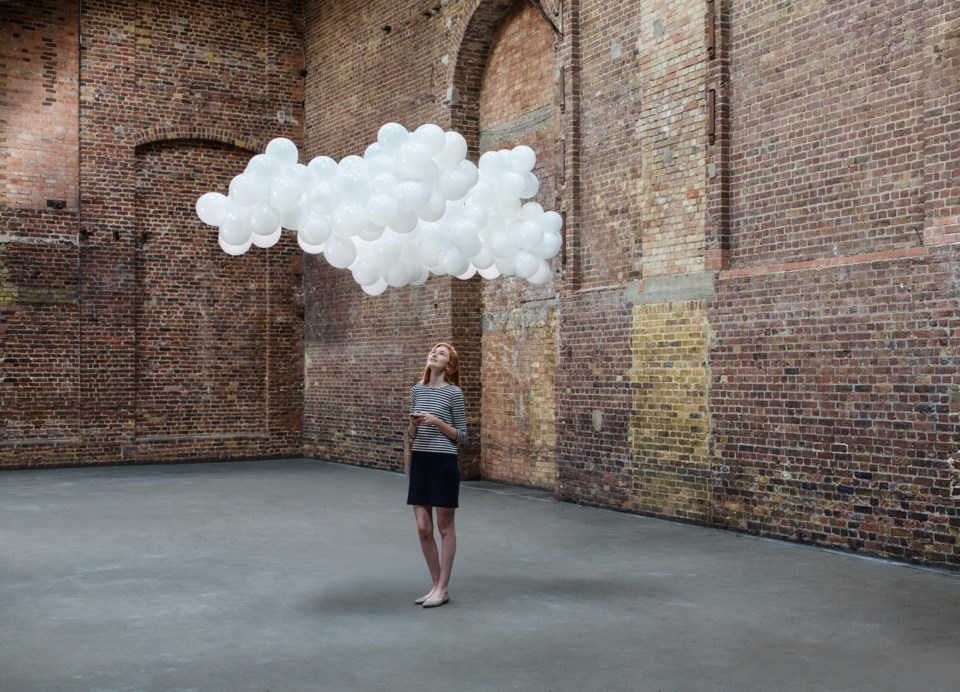To quote Col. Nathan R. Jessup in the movie A Few Good Men, “You can’t handle the truth!” or at least that is what many organizations seem to think.
A lack of transparency is pervasive and troubling to media and others.
Knowledge is always power, in our view.
We think you have a right to know exactly how many people in Squamish have had COVID-19, for example, but Vancouver Coastal Health won’t release data on smaller communities, as if in a town of more than 20,000 people, the knowledge that five, 50 or 200 tested positive is going to send you with pitchforks to the home of Sally or Sam.
Recently, provincial reporter Stefan Labbé tried to collect information on the number of tax-payer paid members of police detachments and fire departments who are off sick with Omicron and what their tipping point is.
The RCMP and District of Squamish were among the many who did not disclose, citing privacy.
The information black hole is not universal, however. Sometimes information is released, such as related to the District’s vaccine mandate.
And Burnaby, Surrey, Port Coquitlam, Prince Rupert municipalities did disclose how many of its first responders were sick.
So is it a matter of privacy or not?
“I don’t accept that it’s a privacy thing. You’re providing numbers. I think we should be transparent. We should be honest with the public,” Troy Clifford, union president of Ambulance Paramedics of BC told Labbé for his story. “We need to have these tough conversations.”
Agreed.
The information brick walls are discussed with exhausted and knowing eye rolls among reporters across media outlets.
After a COVID outbreak at two work camps, Tyee reporter Amanda Follett Hosgood tried to discover what communities those workers returned home to and how the pandemic spread.
She filed a freedom of information request and got sent on a wild goose chase, never getting her answers.
This withholding of information during a pandemic is not new.
During the Spanish Flu, governments withheld information from the public about the number of cases, too.
We know that pandemic as “Spanish” because that country’s media was free to report the truth. The powers that be in the U.S didn’t want the public to know how bad the flu was, lest their enemies in the First World War knew they were weakened.
Doctors tried to warn against public gatherings, but the information was suppressed, spreading the flu further.
[It is ironic that today the media are accused of fear-mongering when we share information about the pandemic. In our view, withholding information during a global health crisis would be far worse than providing all that we can.]
The lack of transparency is also not just about the pandemic.
Since 2017, the BC Coroners Service has stopped releasing the names of those who die suddenly.
And other media folk have tried to find the number of cancer cases specific to the Sea to Sky but met that brick wall.
BC’s recent changes to its freedom of information laws, which includes new fees, have further made information less easily accessible.
As a professor and investigative reporter Sean Holman recently tweeted,” British Columbia continues its march away from openness and toward secrecy. This is not what a democracy looks like.”
The other unknown is if the public cares about transparency at all.
Only you can answer that one.
We think you can handle the truth.



